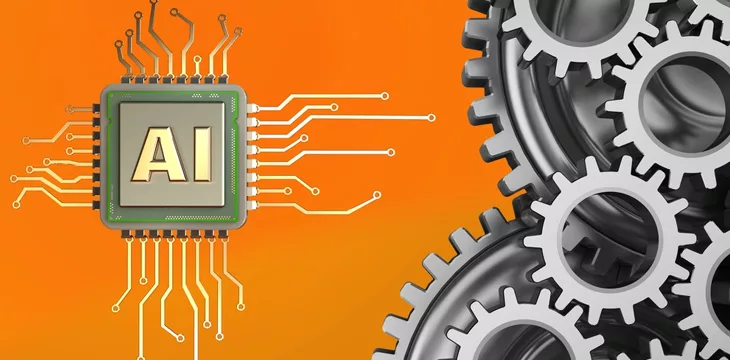|
Getting your Trinity Audio player ready...
|
Thanks to some developments that took place at the end of 2022, 2023 was a landmark year for artificial intelligence (AI) innovation. Similarly, the innovations and events of 2023 have set the stage for the emerging trends we will likely see in 2024.
Here are a few of my predictions for the AI industry in 2024:
1. More AI wearables will be announced
As 2023 drew to a close, there was a lot of activity in the AI wearables market, with many
multi-modal AI wearable products hitting the market or becoming available for pre-order. However, none of the AI wearable creators have perfected their products yet; the current AI wearable landscape is full of challenges in user adoption and practical utility.
In 2024, we can expect the AI wearable trend to pick up steam, with more companies creating, improving, or releasing an AI wearable product. The next wave of AI wearables should be much better than the first since the companies releasing them will reap the benefits of taking a “wait and see” approach; they will know the pain points this class of products experiences and can take steps to overcome the problems that the earliest wearables had. If done correctly, this could potentially lead to breakthroughs in wearable technology and mass adoption in this sector.
2. AI in the workplace
Integrating AI in the workplace has been a topic of mixed opinions. While there are concerns about job displacement, the dominant trend in this space leans towards AI augmenting human capabilities and being used as an aid, not a substitute. In 2024, we can expect AI to have a larger presence in work environments, taking over repetitive, formulaic tasks in the workplace, which should allow employees to focus on complex creative work that machines cannot easily replicate.
That being said, there will be an increased demand for the individuals who create and operate AI systems. Most AI systems still require a human touch somewhere in their workflow, which means the need for individuals with experience and expertise in operating these models will be very high.
3. AI-induced crime and fraud
As AI tools become more sophisticated, their misuse for criminal activities, including fraud and the creation of deepfakes, is expected to rise. The stakes are exceptionally high in 2024, an election year, with the potential for political manipulation through AI-generated content. As AI-induced crimes increase, I expect a corresponding rise in efforts from law enforcement and cybersecurity experts to counteract these threats, focusing on monitoring and mitigating the spread of false information around the U.S. presidential election.
4. Incoming policy and regulation
What often follows crime? Regulation. With AI’s escalating presence and impact, 2024 will probably see an increased focus on AI policy and regulation. Lawmakers are expected to begin drafting regulations that balance innovation with ethical considerations and user protection. This could involve guidelines on data privacy, algorithmic transparency, and accountability.
5. OpenAI will remain dominant
OpenAI has been a dominant force in the AI landscape, and we can expect this trend to continue in 2024. The anticipated release of GPT-5, along with other updates like the GPT Store, are supposed to come in this new year and will likely keep OpenAI at the forefront of the AI conversation. However, competition is heating up, with other companies trying to match OpenAI’s pace by offering innovative AI tools for both consumers and businesses.
Accelerating future innovations
Thanks to AI, change is occurring at what might be the fastest rate in human history, and it’s bringing us towards a future with AI-induced possibilities that might not even be predictable by a human mind. By acknowledging and addressing the current pain points in AI development, creators and innovators are uniquely positioned to drive breakthroughs that will redefine what we thought possible in every industry that AI touches.
In order for artificial intelligence (AI) to work right within the law and thrive in the face of growing challenges, it needs to integrate an enterprise blockchain system that ensures data input quality and ownership—allowing it to keep data safe while also guaranteeing the immutability of data. Check out CoinGeek’s coverage on this emerging tech to learn more why Enterprise blockchain will be the backbone of AI.
Watch: AI truly is not generative, it’s synthetic

 02-24-2026
02-24-2026 




